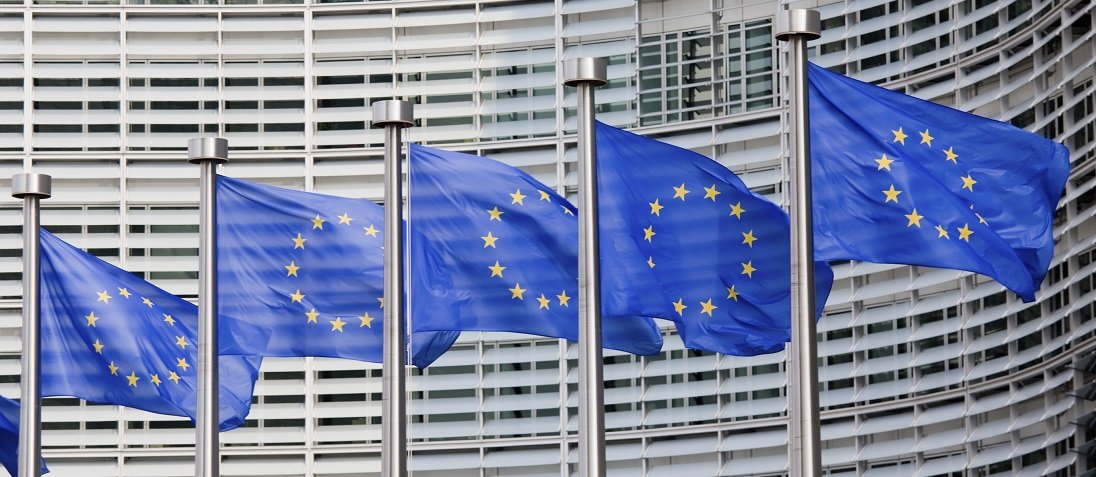The Government must give 16 weeks’ notice of the date of the EU referendum. The exact duration of the campaign will be determined by the Electoral Commission.
The electorate will consist of registered voters (18 and over) in the United Kingdom, British, Irish and Commonwealth citizens living in the UK and UK nationals who have lived overseas for less than fifteen years. There will be no vote for EU citizens living in the UK except for those from Ireland, Cyprus and Malta (i.e. following normal UK General Election practice).
The question on the ballot paper will be:
Should the United Kingdom remain a member of the European Union or leave the European Union?
There will be two boxes:
- Remain a member of the EU
- Leave the EU
Normal referendum practice is that there will be one lead campaign organisation for each side of the argument. Each of the two lead campaigns will be entitled to spend up to £7 million and will receive a £600,000 public grant. They will have access to air time, on the pattern of party political broadcasts during a General Election campaign. Political parties can spend up to £5 million, the exact sum depending on their share of the vote at the last General Election.
Any citizen can spend up to £10,000 on the campaign. For expenditure over that amount, it is necessary to register with the Electoral Commission who have statutory responsible for the proper conduct of the campaign.
Rules of electoral purdah, such as apply during an Election Campaign will limit access by Ministers to advice from Civil Servants. Nor can the Government spend money on the campaign. Ministers campaigning cannot do so at public expense.
Before the final ten week period leading up to referendum day, the Government are required under the EU Referendum Act to publish a number of documents. These are:
- A statement of what has been agreed with Britain’s EU partners in the negotiation;
- The opinion of the Government on what has been agreed;
- Information about the rights and obligations that arise under EU law as a consequence of the UK’s EU membership.
- Examples of countries that do not have EU membership but do have other arrangements with the EU, together with a description of those arrangements.

